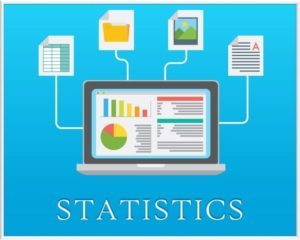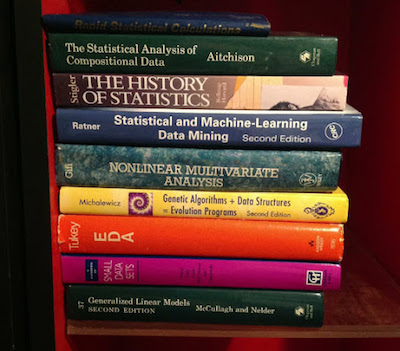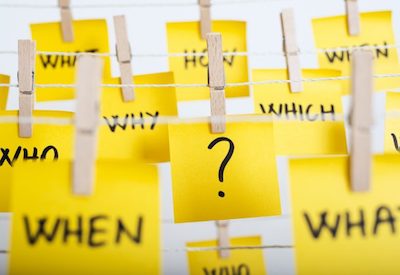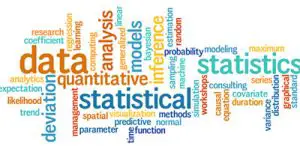There’s no question that statistics can be a hard subject. The truth is that many students struggle with it. However, this is not only the case of students. Many times, researchers need to come up with different solutions to run their models to ensure that they get to valid conclusions and that they are able to build some reliable predictions about the future.
Discover everything you need to know about statistics.

As you already know, when you need to run statistical models, you need to rely on a sample of the population that you want to study. After all, relying on the overall population can be very costly not to mention time-consuming. Therefore, it is perfectly natural to use a sample of the population, as long as it is a representative sample, to run a model and answer the question that you want.
Where To Get The Best Statistics Help Online
While there are many different statistics books and data analysis books that you may have the need to read, sometimes, you are simply looking for a straight answer. So, as you can imagine, getting statistics help online is the best option that you have.
But how can you find the best resources about statistics online?
Simply put, when you are looking to get statistics help online, you need to know that you can get the information you need in 4 different ways.
#1: Statistics Courses:

In case you are willing to spend some money, then you will be glad to know that there are some amazing statistics courses online that are pretty good. Depending o the area that you need information on, we are sure that you will be able to find the best course for you. Notice that while some of these courses are paid, you may also find others that are free.
#2: Statistics Websites:

As you can imagine, there are tons of statistics websites where you can find vast information about statistics. Obviously, you should consider checking out StatCalculators.com where we only publish content regarding statistics. One of the best things about our website is that we are always adding new content. So, in case you have any questions, feel free to ask. We may simply answer you by email or, if it is a pertinent question, we may even write a complete post about it.
From simple information to formulas and tests, you can find it all here.
#3: Calculators:

When you are a statistics student or a researcher, you know that you need to perform a wide range of calculations. And while you may be using a software for some especially when you are dealing with a large data set, there are occasions when you need to make simpler calculations. And when you do, you can simply check our website where you will find all the formulas and calculators ready to help you out.
As always, in case you miss a calculator, a formula, or even an explanation, just reach us out.
#4: Statistics Books:

The truth is that when you are looking to learn a new subject, a book is always something to be considered. And this is no different in what concerns statistics.
In case you don’t know, there is a wide range of statistics books for both novice, intermediate, and even advanced researchers.









